Category: Featured
Featured in the carousel
Watershed runoff has greater impact on downstream water quality than Lake Okeechobee releases, new study finds
June 24, 2024A new study examining whether the timing of Lake Okeechobee releases could be adjusted to improve the Caloosahatchee River and Estuary’s (CRE) water quality found that while releases from Lake Okeechobee had an impact on water quality, nutrient concentrations in the CRE were more strongly related to flows from the surrounding C-43 basin. “This suggests that strategies […]
Read more »New project to bolster St. Augustine marsh against sea level rise and erosion
June 24, 2024In February 2024, the UF Center for Coastal Solutions (CCS) and WSP Environment & Infrastructure Inc. launched a coastal wetland restoration project in St. Augustine using thin-layer placement (TLP) to bolster wetlands’ ability to keep pace with sea level rise and erosion. This approach, which is relatively new to the southeastern United States, involves the application of dredged sediment onto wetlands to increase their size and elevation, which can boost their ability to protect shorelines from storm surge, […]
Read more »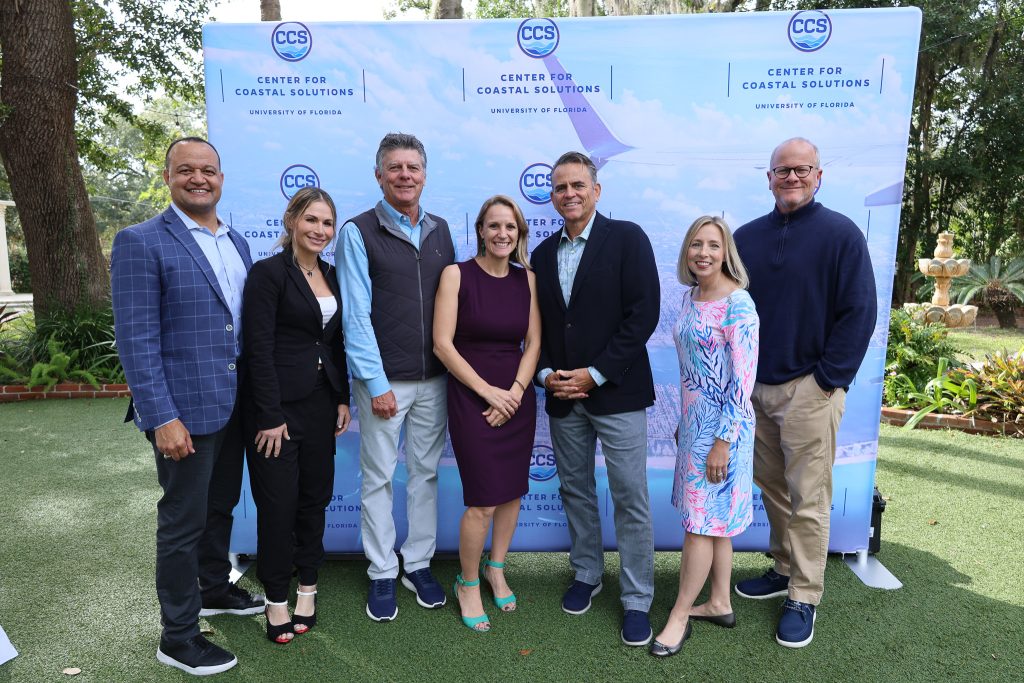
CCS’ new board chair: We look forward to CCS being the go-to center for actionable solutions
March 4, 2024Retired engineering executive Bob Bailey is stepping into the role of chair of the CCS advisory board to help guide the center into its next chapter as a research and technology innovator. Bob, who joined the board in 2021, has played a key role in identifying funding opportunities for the center to advance coastal research […]
Read more »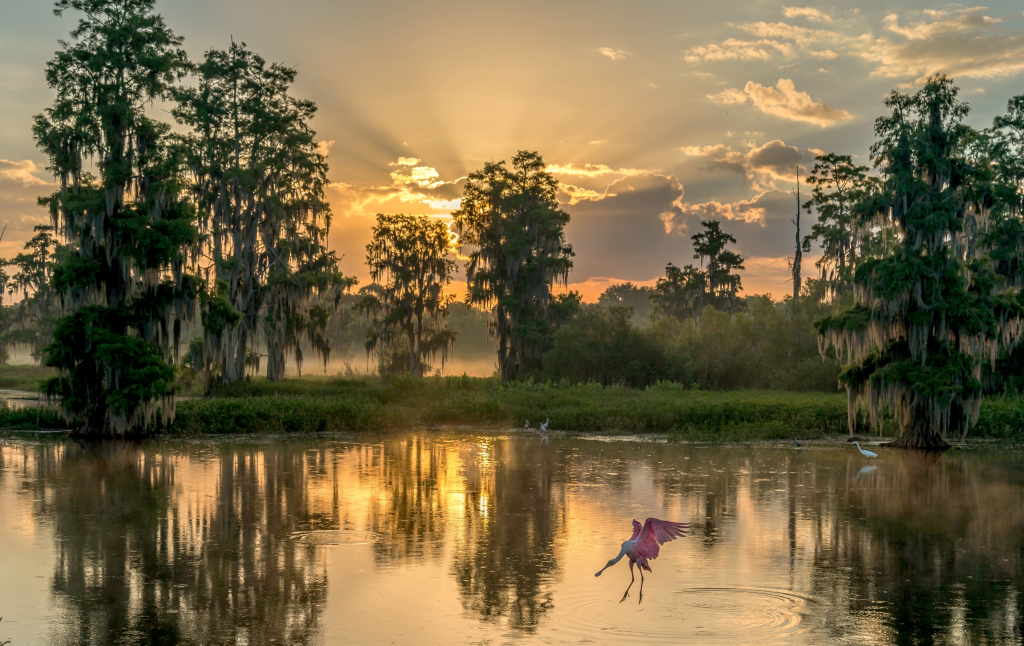
Researchers reveal astronomic link to water quality challenges
February 29, 2024The sun and moon can play a role in water quality challenges, new research shows. Arnoldo Valle-Levinson, Ph.D., CCS affiliate faculty and professor in the Department of Civil and Coastal Engineering, is studying how interactions among winds, tides and river discharges affect the Peace River’s water quality. His team has found that solar and lunar […]
Read more »Tool saves counties time and money in setting land conservation priorities
February 29, 2024If population growth and land use in Florida continues at its current rate, more than a third of the state’s land could be developed by 2070, potentially doubling the demand for fresh water. A new data analytics tool developed through a partnership by researchers at the UF Center for Coastal Solutions (CCS) and the Center for Landscape […]
Read more »
Student’s beach preservation research recognized at statewide conference
February 29, 2024Teagan Frazier, an undergraduate student in the University of Florida’s Department of Environmental Engineering Sciences, captured third place in a poster competition for her research on how to enhance the growth of dune grasses for greater coastal protection from extreme weather events at the National Conference on Beach Preservation Technology, which took place February 7 […]
Read more »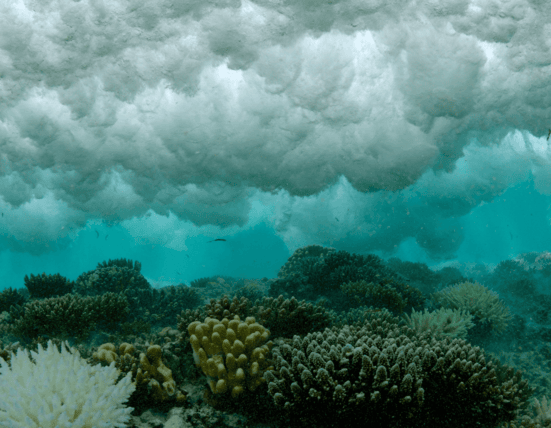
Ocean modelers quantify coastal protection from coral and oyster reefs
January 31, 2024Coral and oyster reefs play a vital role in mitigating the impact of wave energy on coastal areas as water flows through and past the contours and irregularities of their surfaces. Xiao Yu, Ph.D., assistant professor in the Department of Civil and Coastal Engineering, and Ph.D. student Lauren Cope are developing models to measure how […]
Read more »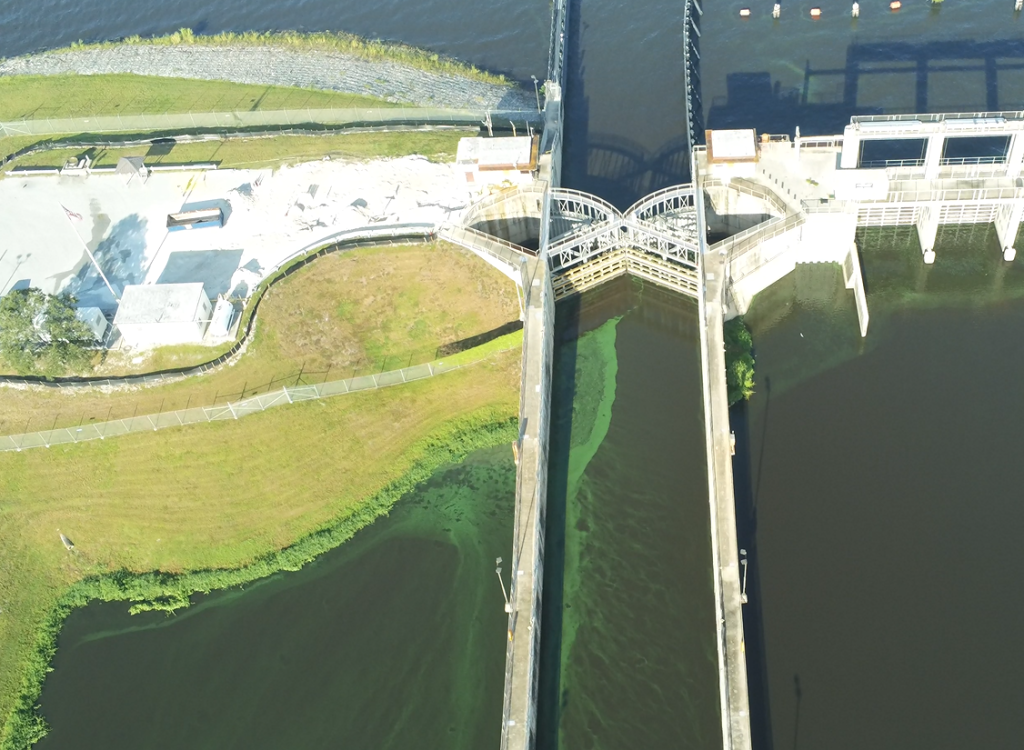
Scientists trace sources of South Florida’s harmful algal blooms
January 30, 2024Last summer, blooms of blue-green algae spread across 440 miles of Lake Okeechobee, covering nearly half of the state’s largest inland lake. For years, these blooms have posed a health hazard to the lake’s vegetation and wildlife, and to the people who swim in and drink the lake’s water. Scientists at the University of Florida, […]
Read more »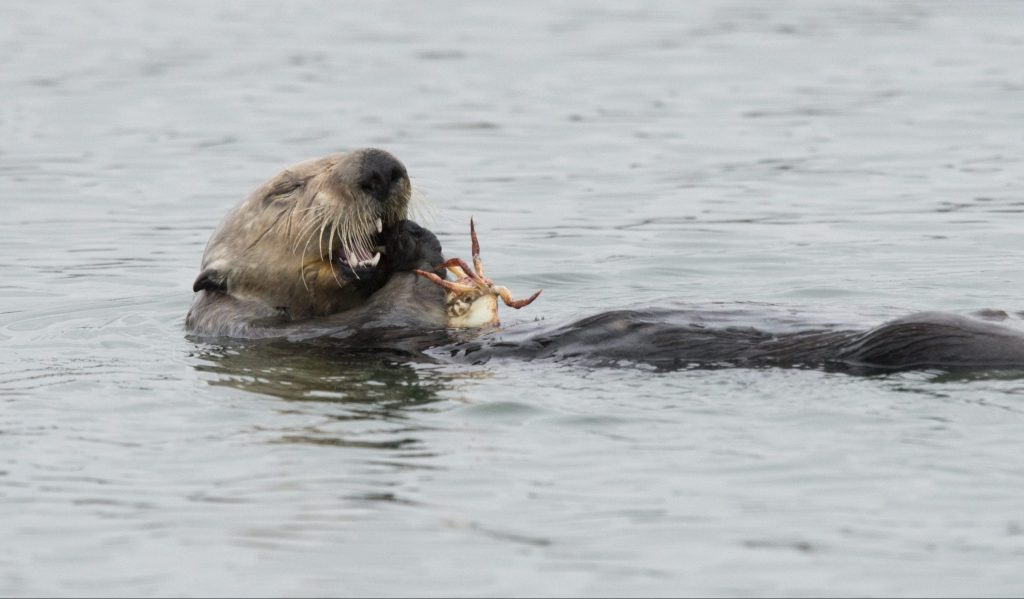
In otter news: A top predator’s return to a California estuary restores its marshes
January 30, 2024Sea otters’ homecoming to their former habitat in a Central California estuary has delivered a remarkable payoff in conservation efforts — erosion of the area’s creekbanks and marsh edges have slowed on average by 69%. In a study published today in Nature, scientists show that the reintroduction of sea otters, some of the Elkhorn […]
Read more »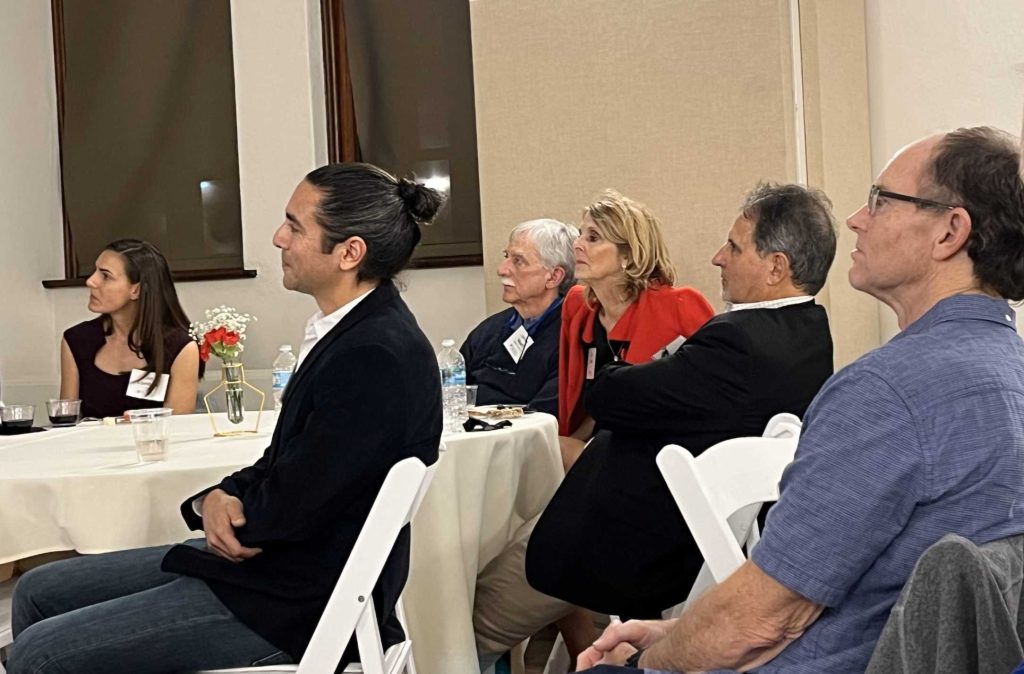
New research holds promise for dune resiliency in St. Augustine
January 30, 2024More than 60 University of Florida engineering alumni gathered at the Governor’s House Cultural Center and Museum in St. Augustine on December 13 to learn about the Center for Coastal Solutions’ (CCS) research to address coastal challenges faced by the city. “What struck me is just how many of the UF alumni at the event […]
Read more »